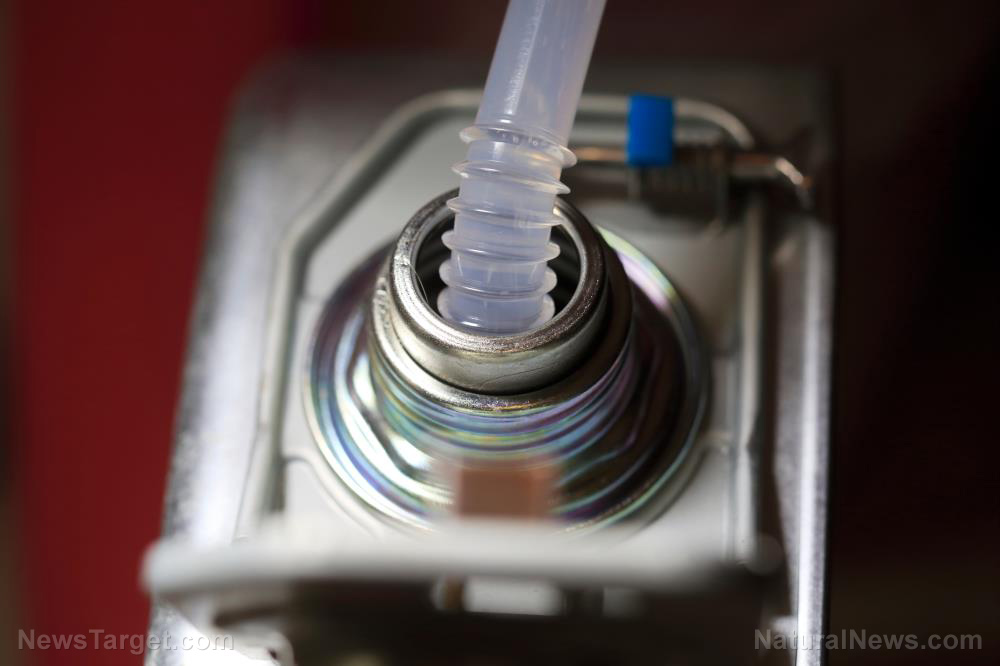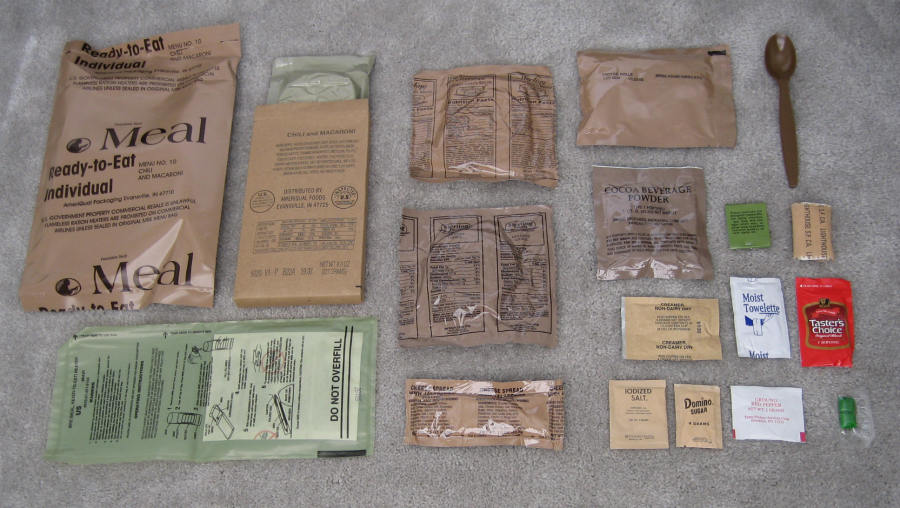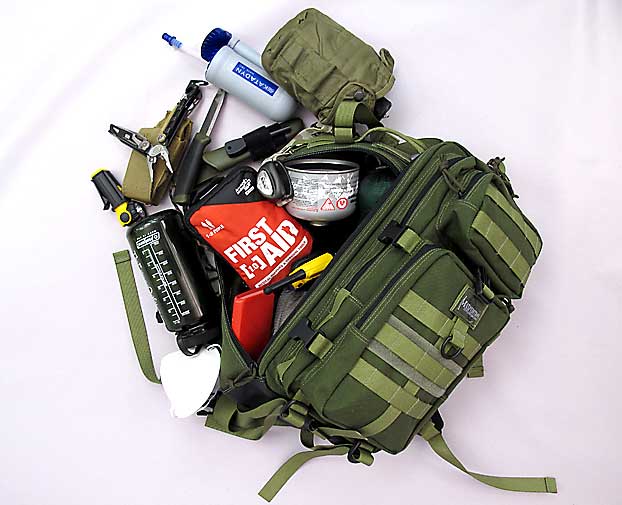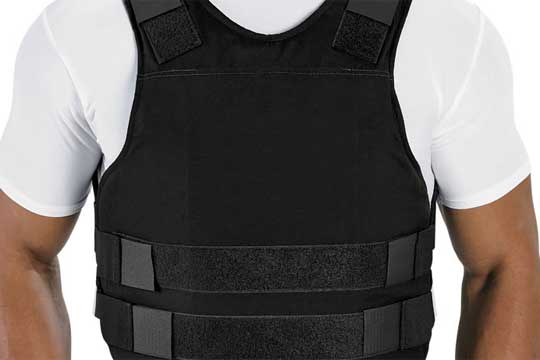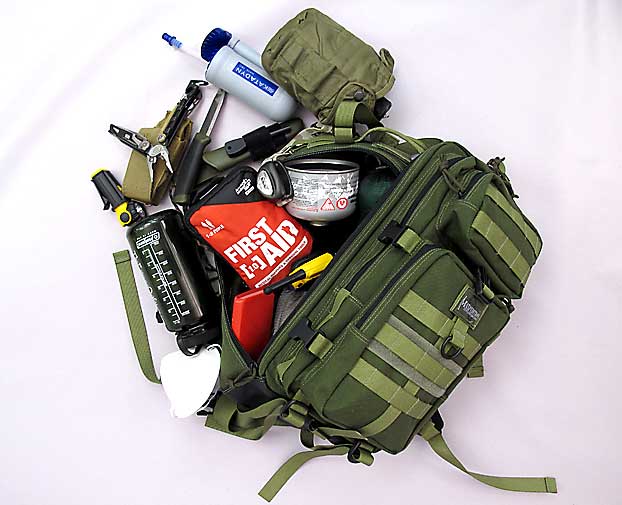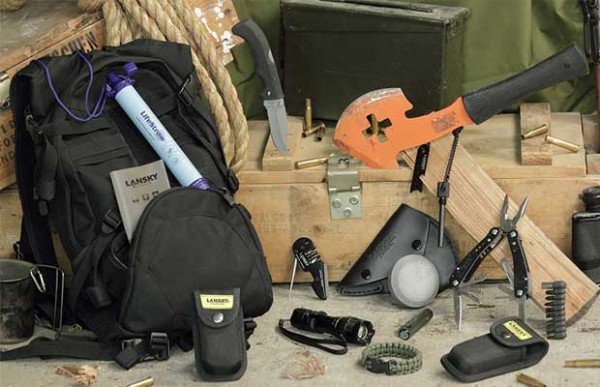Survival 101: How to protect yourself against chemical weapons without survival gear
04/09/2021 / By Arsenio Toledo

Multiple countries around the world still have stockpiles of chemical weapons. Some, like Syria and North Korea, have stockpiles that they haven’t declared to international regulatory bodies. This means that the possibility of you getting yourself stuck in a chemical weapons attack is more likely than you think.
If you have the proper equipment handy, surviving a chemical weapons attack should not be as difficult. All you have to do is wear the correct anti-chemicals attire and exit the area of attack as quickly as you can to avoid further contamination.
However, if you are not prepared, or if your equipment is at home and the chemical attack occurs while you’re out, there are still things that you can do to minimize the effects of a chemical attack. (Related: Over 100 years later Bayer still refuses to take responsibility for developing the poison gas used during World War I.)
Immediately evacuate to high ground
Many deadly chemical gases such as sarin are denser than air. This means that they will sink to the ground. You will be able to minimize contamination by avoiding low-lying areas, such as valleys, city streets and home basements, and by retreating to higher ground.
If you’re out in the open, all you have to do is increase the distance between you and the epicenter of the attack. If at all possible, stay upwind of the chemical gases while you retreat.
If the chemical attack occurs while you’re in your office and you are unable to evacuate, climb to the highest floors you can possibly go. If you can access your building’s rooftop, go there immediately. The open air can minimize much of the damage from any chemical gases that filtered their way into the building
However, be warned that there are times when higher ground can also be dangerous. During temperature inversions, when cool air suddenly becomes warm and drifts upward, it may carry with it the fumes of the chemical agents used in the attack. Be careful of this possibility if the chemical attack occurs during the summer when a cool night is suddenly replaced by a very hot morning.
Decontaminate once in safety
Once you are in an area that has not been affected by the chemical attack, you need to focus on decontamination. If your home was not targeted, head straight there and get yourself cleaned up as soon as possible. Discard everything you are carrying and wearing. Do not mix your possibly contaminated clothes with your other dirty clothes.
Head to your bathroom and take a long shower with hot water if at all possible. Do not take a bath to avoid simply soaking in your own chemicals. Prepare a lot of soap and shampoo because you will need to thoroughly scrub every inch of your body to make sure no contaminants remain. This means soaping and shampooing your body and hair several times.
The threat of a chemical attack can be very terrifying. However, with some extra preparation, you can avoid being affected by the worst of it. Consider investing in protective gear, such as a hazmat suit and a military-grade gas mask that can protect you against chemical agents.
Lastly, when a chemical attack happens, your best defense is to stay calm and remember what you have to do. Panicking will only cause you to make rash decisions.
Learn more about what you can do during other disaster scenarios by reading the latest articles at Disaster.news.
Sources include:
Tagged Under: bug out, chemical agents, chemical weapons, decontamination, disaster, disaster survival, off grid, preparedness, prepper, prepping, SHTF, survival, Survival Tips, survivalist
RECENT NEWS & ARTICLES
COPYRIGHT © 2017 GEAR.NEWS
All content posted on this site is protected under Free Speech. Gear.news is not responsible for content written by contributing authors. The information on this site is provided for educational and entertainment purposes only. It is not intended as a substitute for professional advice of any kind. Gear.news assumes no responsibility for the use or misuse of this material. All trademarks, registered trademarks and service marks mentioned on this site are the property of their respective owners.



